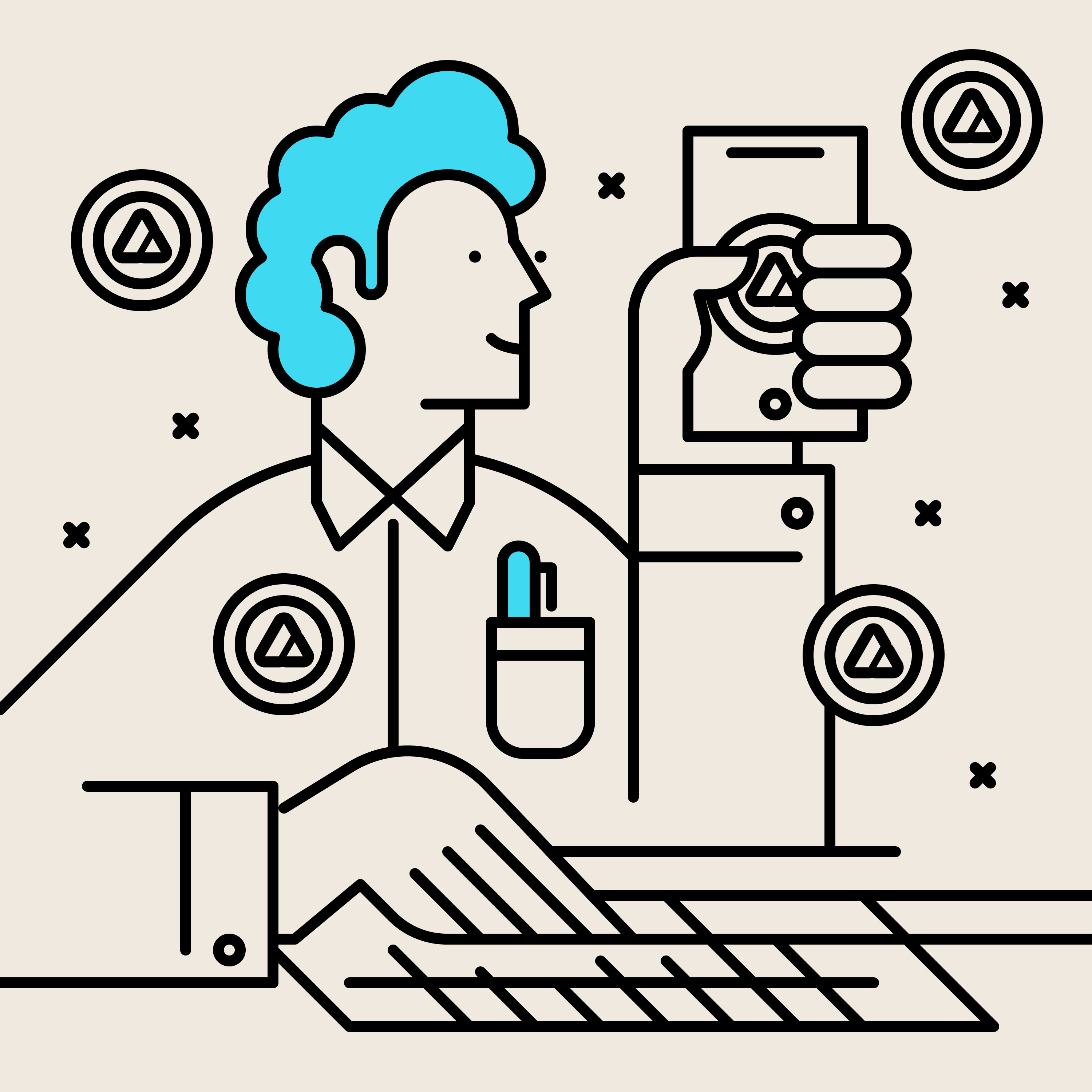About this episode
Following our latest episode on the digital pound, we keep exploring the future of money by looking at the European Union’s ambitious plans for a euro CBDC. Back in June, the European Commission proposed a legislative framework for a retail digital euro, and its potential is now being assessed by the European Central Bank (ECB). In just a week, the ECB will decide if the project will move from an ‘investigation phase’ to a ‘realization phase’, where technical solutions will be developed and tested.
The EU is determined to be a frontrunner in CBDC policy, and has made it clear that any form of digital public money will reflect its shared values of privacy, security, and inclusiveness. Yet, reactions to the Commission's proposal have been mixed. Concerns have been raised over policymakers being able to decide what Europeans can spend their money on, or having access to their personal data. Some foresee the decline of cash, while others simply don’t see the difference between using a digital euro and existing mobile payment apps.
If Europe wants to make central digital currency a reality, it will need to bring on board not only retail users – but also banks, merchants, businesses, and technology providers. Get up to speed on what the digital euro could look like by tuning into our conversation with Anne-Sophie Gógl, Board Member of the Digital Euro Association, and Peter Kerstens, Adviser for Technological Innovation and Cybersecurity at the European Commission.
Guests

Anne-Sophie Gógl
Board Member, Digital Euro Association.

Peter Kerstens
Adviser for Technological innovation and cybersecurity, DG FISMA, European Commission.

Davide Patteri
Account Manager Hill+Knowlton Strategies.

